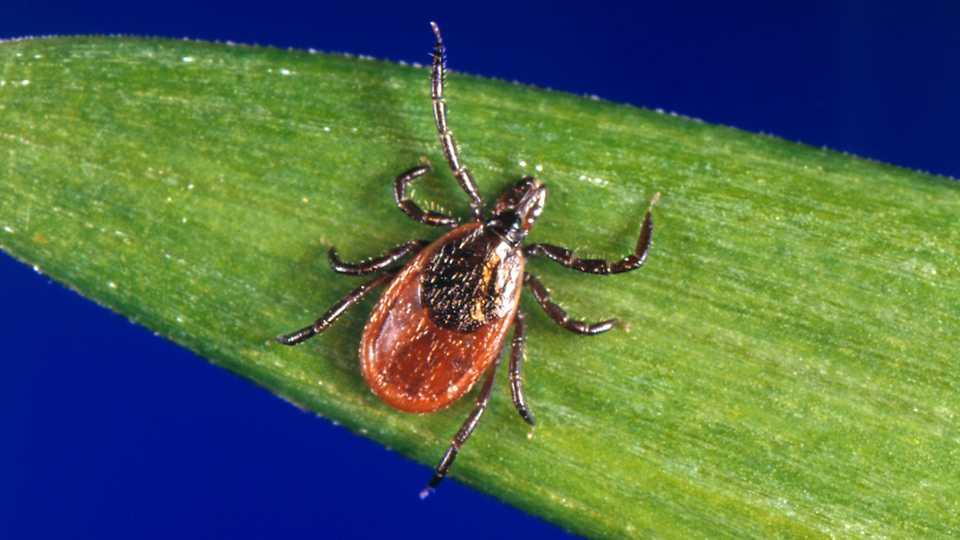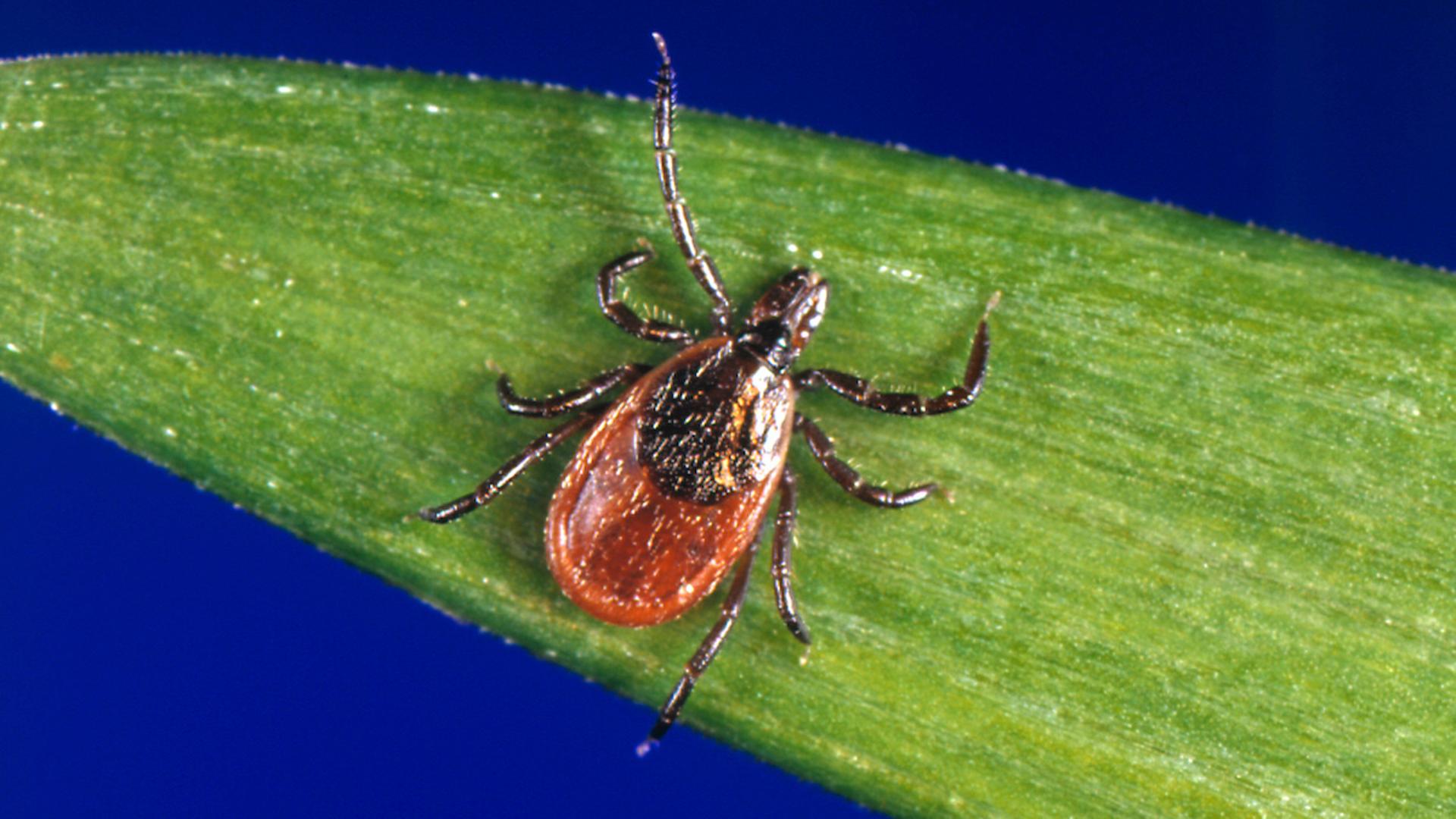
As Turkey succeeds in curbing the Covid-19 pandemic, health officials say the country might be facing a new threat.
Crimean-Congo Hemorrhagic Fever (CCHF) has already killed 15 people in the country, Turkish newspaper Daily Sabah reports.
“When Turkey imposed a curfew, people were less likely to catch CCHF. After the curfew was lifted, tick bites increased as a lot of people spent weekends in picnic areas,” said Head of Pediatric Infectious Diseases Department of Faculty of Medicine in Hacettepe University, Professor Mehmet Ceyhan.
What is CCHF?
Crimean-Congo haemorrhagic fever is a widespread disease caused by a tick-borne virus.
According to the World Health Organization, it causes severe viral haemorrhagic fever outbreaks and human-to-human transmission can occur from a tick bite or contact with bodily fluids of infected people.
CCHF is endemic in Africa, Balkans, Middle East and Asian countries south of the 50th parallel north.
What does CCHF do?
Symptoms may include fever, muscle aches, dizziness, neck pain and stiffness, backache, headache, sore eyes and sensitivity to light.
There may be nausea, vomiting, diarrhoea, abdominal pain and a sore throat early on, followed by sharp mood swings and confusion.
Following infection by a tick bite, the incubation period is usually one to three days, with a maximum of nine days.
“To prevent the ticks from sticking to the skin, it is necessary to dress as covered as possible, and even tuck your pants into your socks while being outdoors in green spaces,” Ceyhan added.
Ceyhan advised that in case a tick is found on the skin, patients should seek medical assistance and not try to remove it themselves.










Discussion about this post